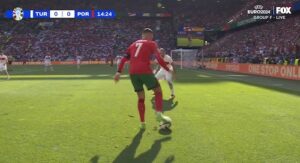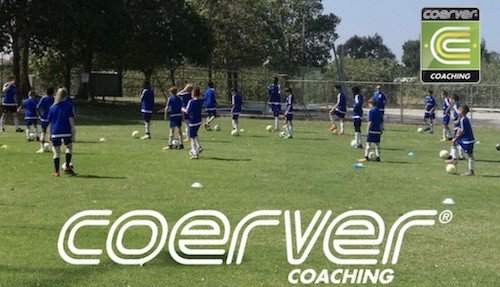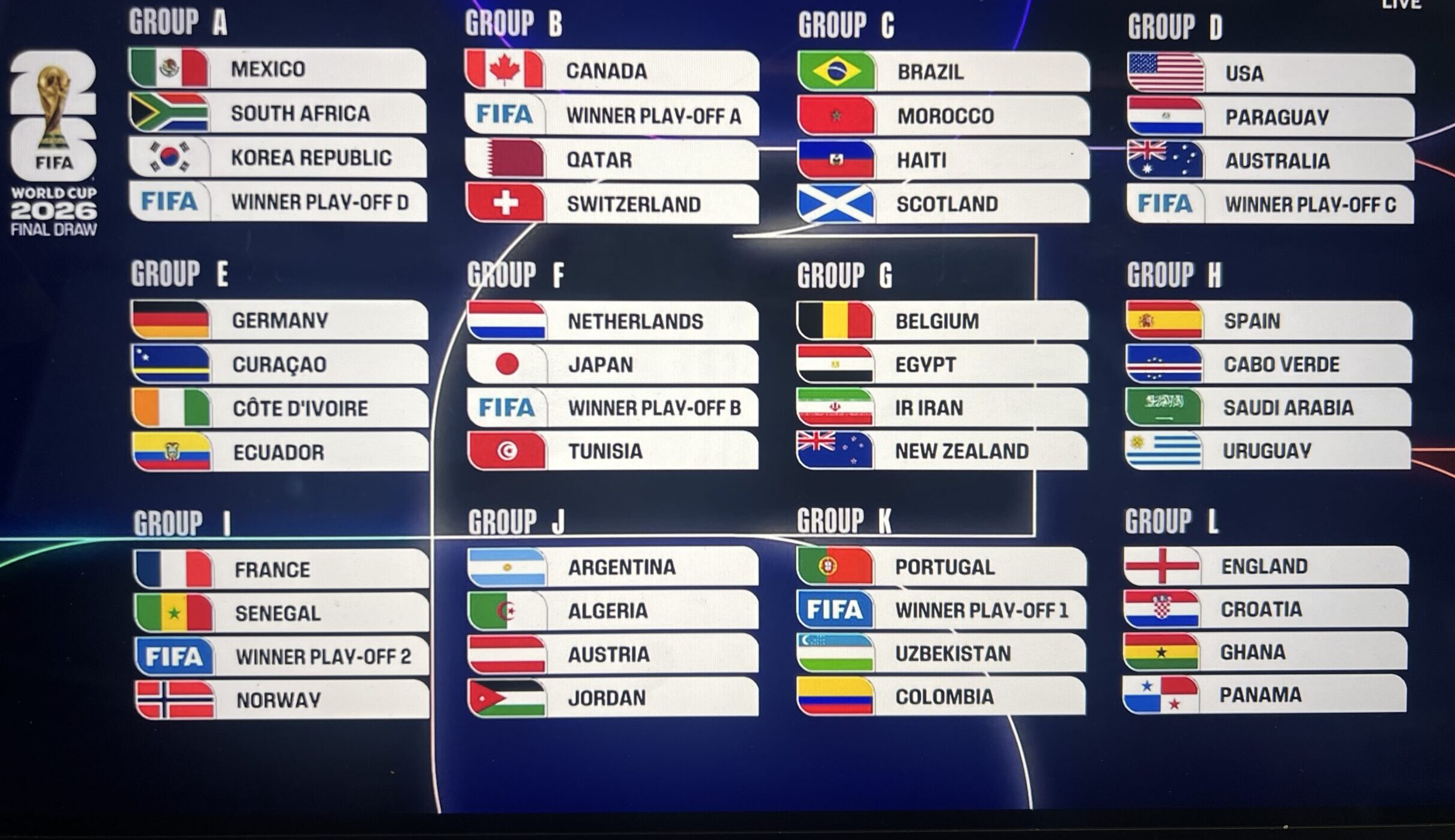|
By Tom Sheldrick The 2010 Africa Cup of Nations has got underway, with hosts Angola facing Mali at the 11 de Novembro National Stadium in the capital Luanda. With African soccer still reeling, a minute’s silence – to remember those killed when separatist rebels ambushed the Togo team’s convoy in Cabinda – was impeccably observed before kick-off. The confirmed death toll from Friday’s gun attack has risen to three. The Angolan bus driver was killed immediately, while Togo assistant coach Abalo Amnalete and squad spokesman Stanislas Ocloo died later in hospital. Reserve goalkeeper Kodjovi Obilale remains in a serious but stable condition, having been airlifted to a private hospital in Johannesburg. After a weekend of conflicting reports, Togo have finally confirmed they will be flying home and taking no part in the tournament. Togolese players initially said they would withdraw, and even urge other nations to follow them. After pleas from the African authorities and several team meetings, they seemed to have reversed their decision, midfielder Alaixys Romao saying: People died for this tournament. If we stay here, it’s for them. But also so as not to give satisfaction to the rebels.’ But, on the insistence of Togo’s Prime Minister Gilbert Houngbo, captain Emmanuel Adebayor confirmed the side were on their way home. For Togolese authorities and players – whose job descriptions usually prioritise kicking a ball over international diplomacy – there was no right answer. To pull out is to admit defeat the terrorists; to continue after friends had fallen, fearing further losses, is too great a burden to bear. The Confederation of African Football (Caf) has remained adamant the tournament would go ahead, and even that games would still be staged in the enclave of Cabinda, despite the Front for the Liberation of the Enclave of Cabinda (Flec) warnings of repeat attacks. A statement released by Flec secretary general Robert Mingas claimed responsibility for the ambush, reading: ‘This operation is just the start of a series of planned actions that will continue to take place in the whole territory of Cabinda. Confederation of African Football had been warned several times that the territory was at war. Caf had all the documents explaining this and didn’t take the warnings into account.’ Whilst the claim ‘Caf must take responsibility for the attack’ is clearly nonsense, both Caf and the Angolan organisers should face serious questions over why the dangerous Cabinda region was to play host to seven games, and even whether Angola was ever a viable choice as Nations Cup host country. Caf’s decision, in 2006, to instigate a rotational policy allowing smaller countries the chance to host the tournament, sits alongside the arrival of the global game’s global showpiece in South Africa in five months and one day’s time as a realisation of soccer’s enormous potential as a force for good. Angola’s bid saw off the likes of Mozambique, Zimbabwe and Libya, a Caf inspection team acclaiming both infrastructure and security after a five-day visit in 2006. Seven years on from the end of a 27-year civil war, 40% of Angolans live below the poverty line; Angola has the highest infant morality rate in the world. The government has spent $1billion on three new stadia, hotels and transport facilities. The tournament should offer enormous infrastructural and economic stimulation, but more significantly still, provide solace and engender dreams of hope, unity, peace and prosperity for the future. Soccer can be a force for good only if it stands strong and rises above the violence. But at what cost? What if, the tournament having gone ahead, further lives are lost? There is simply no right answer. As for Cabinda. In August 1975, when Angola gained independence from Portugal, Flec constituted its own provisional government and proclaimed Cabinda’s own self-government, before Angolan forces took control of the province. Separatists maintain demands for an autonomy based on ethnic and culture distinction, whilst demanding a greater share of oil revenues in a region where we see the all-too-familiar story of enormous profits and appalling poverty living side-by-side. Angolan authorities were obstinate in ensuring the region was a part of their tournament bid, in an effort to assure the potential investors that future prosperity depends on that Cabinda was safe. Angolan ministers have reiterated in recent months that security was ‘guaranteed’ in the troubled region. Angolan Prime Minister Paulo Kassoma has called Friday’s incident ‘an isolated act’ and upped security further. Several Togolese players have in fact hailed the rapid response of the Angolan military as saving their lives. But, as more information becomes known in following weeks, fingers will be pointed particularly as to why, in seemingly a tragic case of simple miscommunication, Togo decided to enter the troubled province by bus, and did not fly in as advised. Just 10 kilometres inside the Congo border, Flec gunmen unleashed half an hour of sustained gunfire upon the team convoy. It is reported that Ghana have demanded their games be moved from the Estádio Nacional do Chiazi in Cabinda City. Tomorrow (Monday) will be the decisive day, with two games scheduled for Cabinda City. The former national stadium Estádio de Cidadela, in Luanda, is on standby, a potential quick-fix, to a much larger problem. The following three weeks, after a restrained and yet spectacular opening ceremony, should see the continent’s finest talents take center stage in a carnival of soccer. The 2008 Cup, held in Ghana, was memorable for the verve, vigour and free-flowing freedom of the play, released from the cynicism of the ‘western’ world’s commercialism. In these situations, when lives are on the line, it is often said that sport is put into context; for all the fanaticism, minor ‘triumph’ and ‘travesty’, it doesn’t really matter. Perhaps, in January 2010, the opposite is true. Perhaps, their game, our game, is more important than ever. We’ve just seen arguably the greatest comeback in international football, four goals in eleven minutes to secure a 4-4 draw. The rebels have got nothing to match it.
Tom Sheldrick is a freelance writer and can be reached at: tomsheldrick@hotmail.com |
The Show Must Go On















